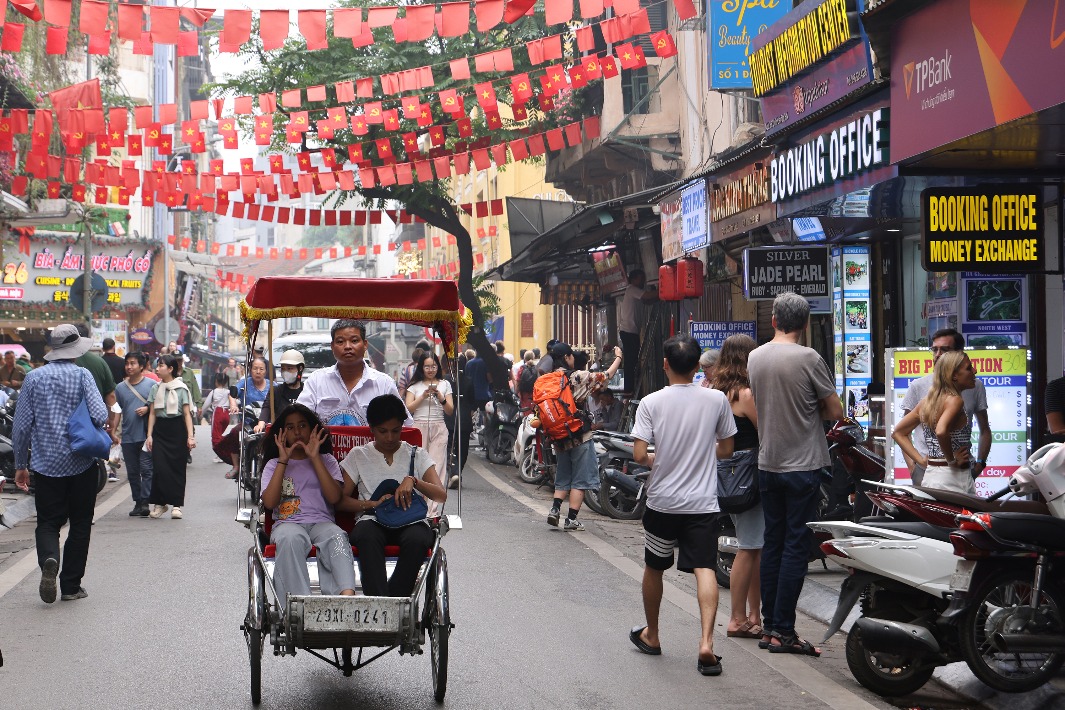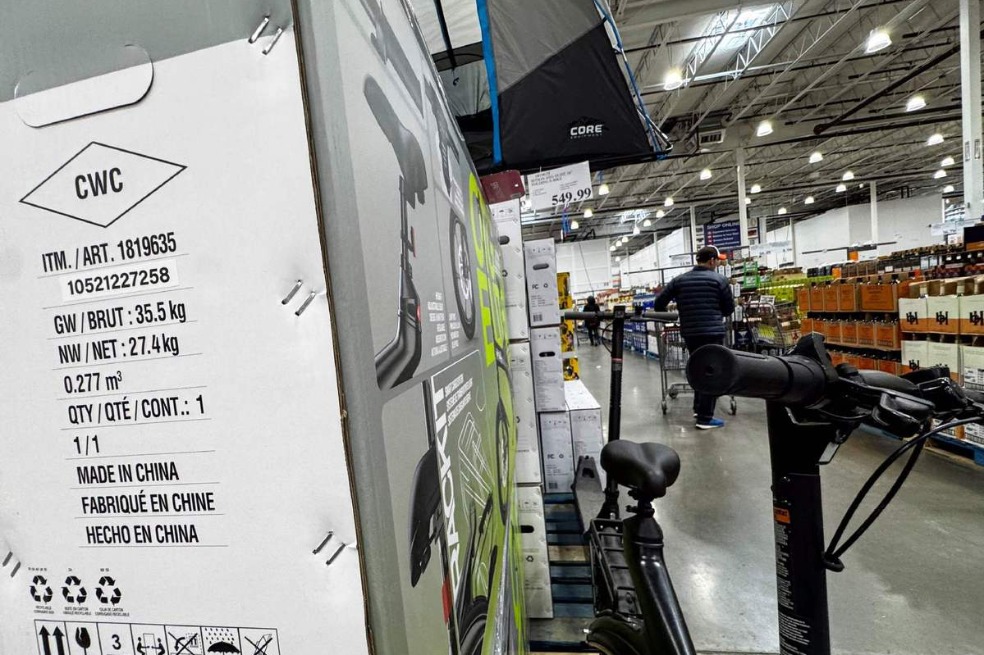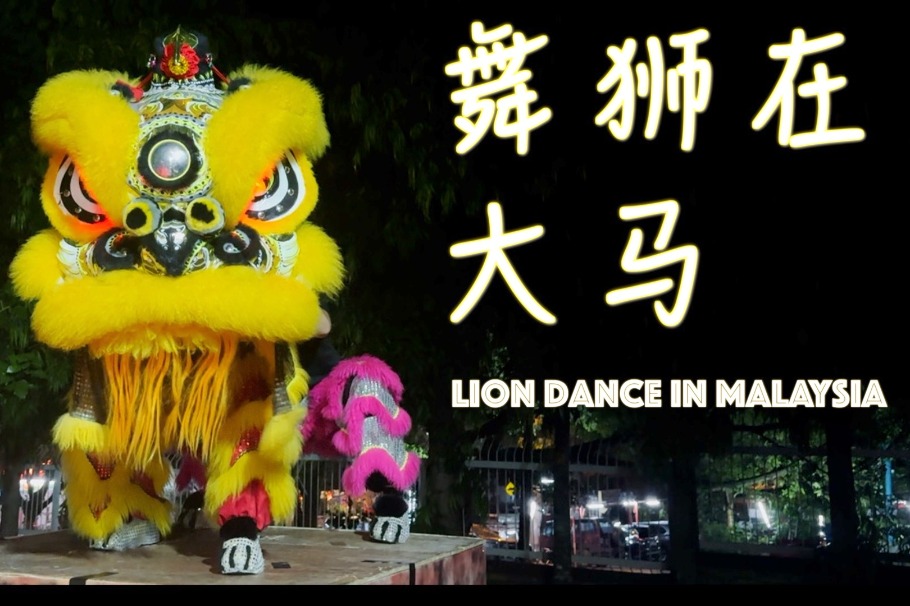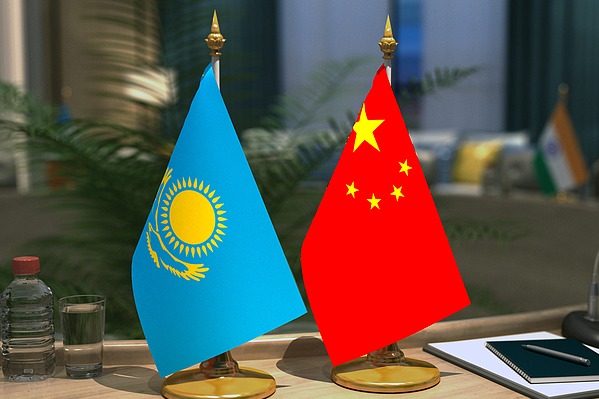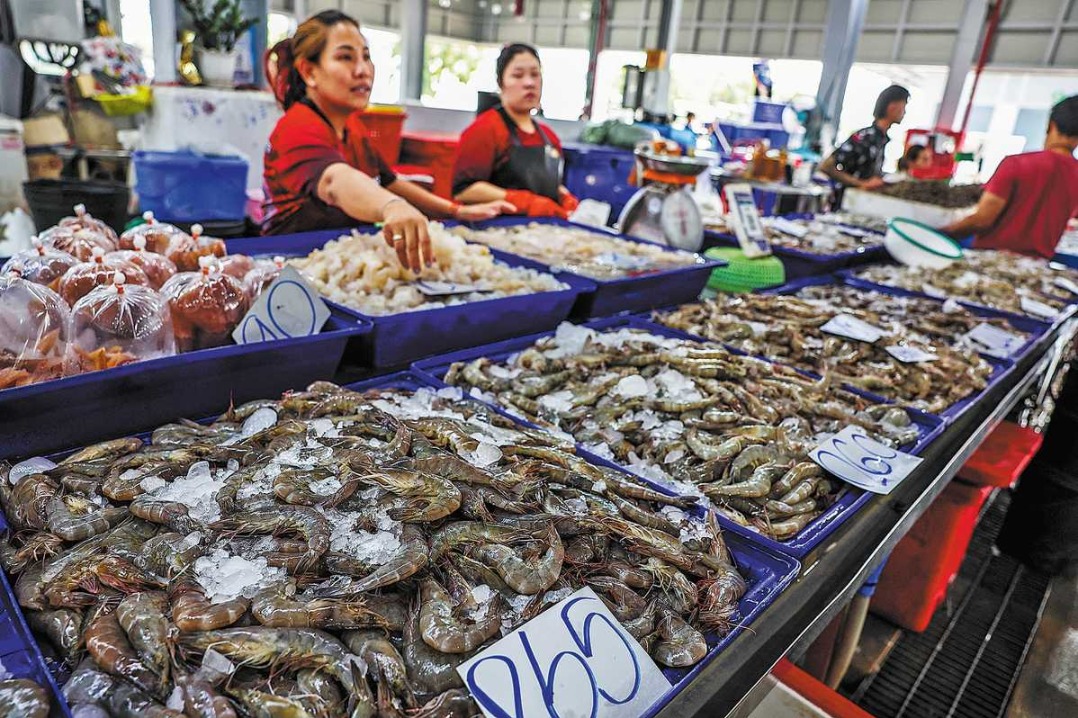China-Vietnam ties hitting right note
Leading Vietnamese cultural figure calls for more cross-cultural collaboration at event celebrating exchanges

"We bathe in the same river, I look over there, you look over here. Every day, we hear the rooster crow together".
These are the lyrics of Vietnam-China, a song by Vietnamese musician Do Hong Quan's father Do Nhuan in 1966.
"The song Vietnam-China, which has been popular for over 50 years, still resonates in the hearts of people from both nations, serving as a beautiful symbol of bilateral friendship," said Quan, chairman of the Vietnam Union of Literature and Arts Associations.
Noting the classic song remains profoundly relevant today, Quan said the two countries need more new songs for their people to sing together.
The two countries celebrate the 75th anniversary of their diplomatic relations and the China-Vietnam Year of People-to-People Exchanges, which Quan said is an important milestone.
He added that the two countries should continue to build upon their past friendship and strengthen cultural exchanges, especially between the youth.
Quan said his union will organize various exchange activities focused on cultural figures and artists to share and better understand each other's work, lives, and national development.
Quan attended the "Dialogue in the New Era: China-Vietnam Exchange for Young Media Professionals" in Hanoi on April 10, where artists from both countries performed Vietnam-China and other songs to showcase bilateral friendship.
Such exchanges between Chinese and Vietnamese artists show more avenues of collaboration could be explored in the future, Quan said.
Vietnam and China could co-create a musical, develop plays telling the story of their shared history or contemporary youth of the two countries, or organize a joint art exhibition for youngsters, said Quan, one of Vietnam's leading composers for films and plays.
"By doing so, we could not only showcase the unique characteristics of each country but also result in joint creations," said Quan.
Other cultural activities such as art festivals and puppet shows can also be organized, Quan added, stressing that artists from both nations should form regular meetings and jointly develop projects.
Noting that both Vietnam and China have rich literary traditions, Quan said more efforts should be made in translation to share their works, promoting cultural exchanges, and deepening mutual understanding.
In addition, Quan said more efforts should be made to cooperate in the tourism sector as both countries boast rich tourism resources.
He said Vietnam could start with in-depth cooperation with South China's Guangxi Zhuang autonomous region and gradually expand to other parts of China to promote people-to-people exchanges on a larger scale.
Quan noted that Chinese drama and pop music enjoy rising popularity in Vietnam, while Vietnamese music and performances have also become popular in China.
He said this indicated expanded cultural exchanges and that Vietnam has learned a lot from China in the process.
"Chinese music successfully combines traditional musical instruments such as guzheng and dizi with modern elements, developing a unique charm while maintaining its national characteristics," said Quan.
Recently, Quan said he has been paying close attention to Chinese film and TV. He said he is particularly interested in works by director Zhang Yimou because of the strong artistic appeal and visual impact.
As a musician, Quan said he is also impressed by China's new generation of composers and how their works are highly in tune with the pulse of the times while skillfully integrating traditional and contemporary elements.
"This is a very frontier direction of creation that represents the development trends of contemporary Chinese music and has had a positive influence on neighboring countries, including Vietnam," said Quan.
kelly@chinadailyapac.com

















